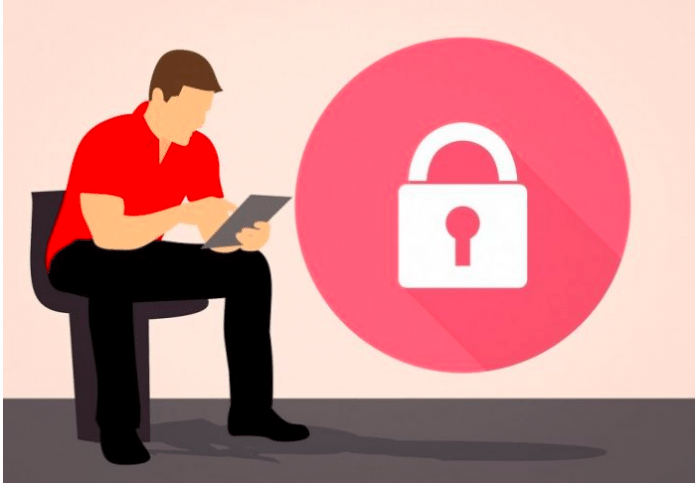Summer is just about to make its arrival! In addition to revamping business strategies and decluttering your office, now is the perfect time to become aware of all the new ways that con artists are trying to scam hardworking company owners out of their money. Below are new small business scams to be aware of and ways to keep your info and money safe.
Email phishing attacks.
This occurs when a hacker impersonates a legitimate company in an attempt to steal a person’s personal information or their login credentials. The employee will open the email, in addition to attachments or links, and unknowingly, a virus will download onto their system. This virus is designed to spread to the employee’s computer collecting personal information such as social security numbers, bank information, and credit card information.
Educate your employees on the dangers of opening emails from unknown sources. In addition, instruct them not to click on links or open attachments from unknown sources. It is also imperative that company computers have anti-phishing software installed.
Attacks of ransomware.
This is a type of malicious software where a computer or network is infected with a virus that encrypts data. There is a threat to the victim that their data will be made public or they will no longer have access to the data if they don’t pay a ransom. If the business does not have an effective way to recover the data, it may decide to pay the ransom which could range upwards of thousands of dollars. Paying this ransom doesn’t guarantee the company that its data will be returned. For a small business, losing their data could mean closing their doors. Cybercrime costs small and mid-sized businesses nearly $75 billion a year.
Fake small business awards.
A scammer will call a small business owner, disguised as a representative from a company, and tell them that their company has been selected to receive a small business award. The caller may also ask that a fee for an annual membership be collected in order to have the company featured in a publication, most often in the business field. Alternately, the business owner may receive a letter stating that their company has been selected to receive an award that only a small percentage of business owners have received.
The business owner’s first step is to research the company and confirm that the company is legitimate. They should never send the company money when they request an up-front fee for receiving the award. Furthermore, they should never pay the fee using a credit card over the phone.
Fake office supply purchase.
Supply scammers will try to manipulate a small business if they think that there’s a chance that they don’t have a purchasing department or that the employee that places the orders is not the same employee who pays the invoices. A business may receive a shipment of supplies that they did not order. The invoice is attached. The business owner decides to pay the invoice thinking perhaps their purchasing personnel ordered the supplies.
In another scenario, the company receives a call from a supplier stating that the call is only to confirm an order. If the business owner states that they didn’t place an order, and that they refuse to pay, the caller will claim to have audio recordings that prove that the order was placed. According to the Federal Trade Commission, if a business receives merchandise and no one at the company ordered it, the merchandise need not be returned, and the vendor can’t come after the business for reimbursement.
Fake tech support.
A hacker may contact a small business employee, posing as a tech support personnel, and state that they need the employee’s computer access in order to fix a problem with their computer. However, they are not tech support and there is no problem to fix. Hackers have also been calling small businesses, posing as employees of the Global Privacy Enforcement Network, and telling the employee that their email has been hacked and has been sending fake messages. The hacker explains to the user that if they don’t give them access to their computer, legal action will be taken. Educate your employees to never release access to their computer to someone calling from outside the company and claiming they need the access in order to fix the employee’s computer.
Justin Lavelle is the Chief Communications Officer for BeenVerified, a leading source of online background checks and contact information. It allows individuals to find more information about people, phone numbers, email addresses, property records, and criminal records in a way that’s fast, easy, and affordable. The company helps people discover, understand, and use public data in their everyday lives. https://www.beenverifie
Find a Home-Based Business to Start-Up >>> Hundreds of Business Listings.

















































